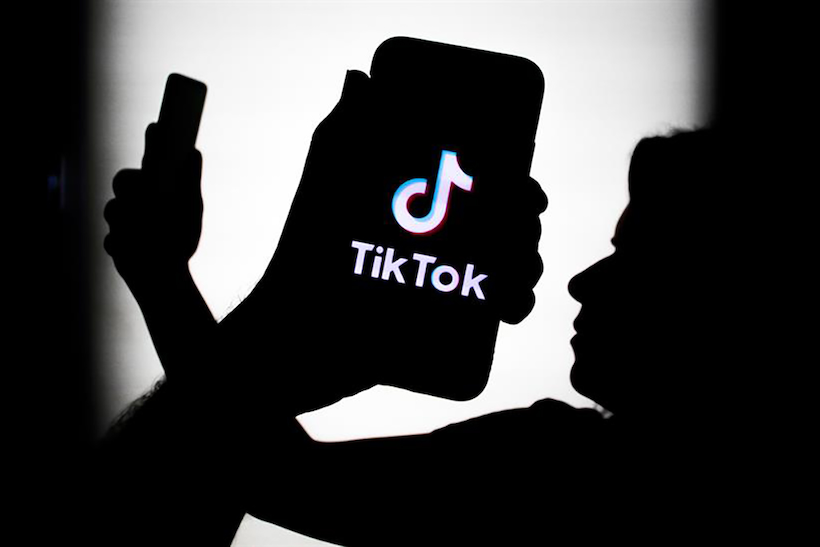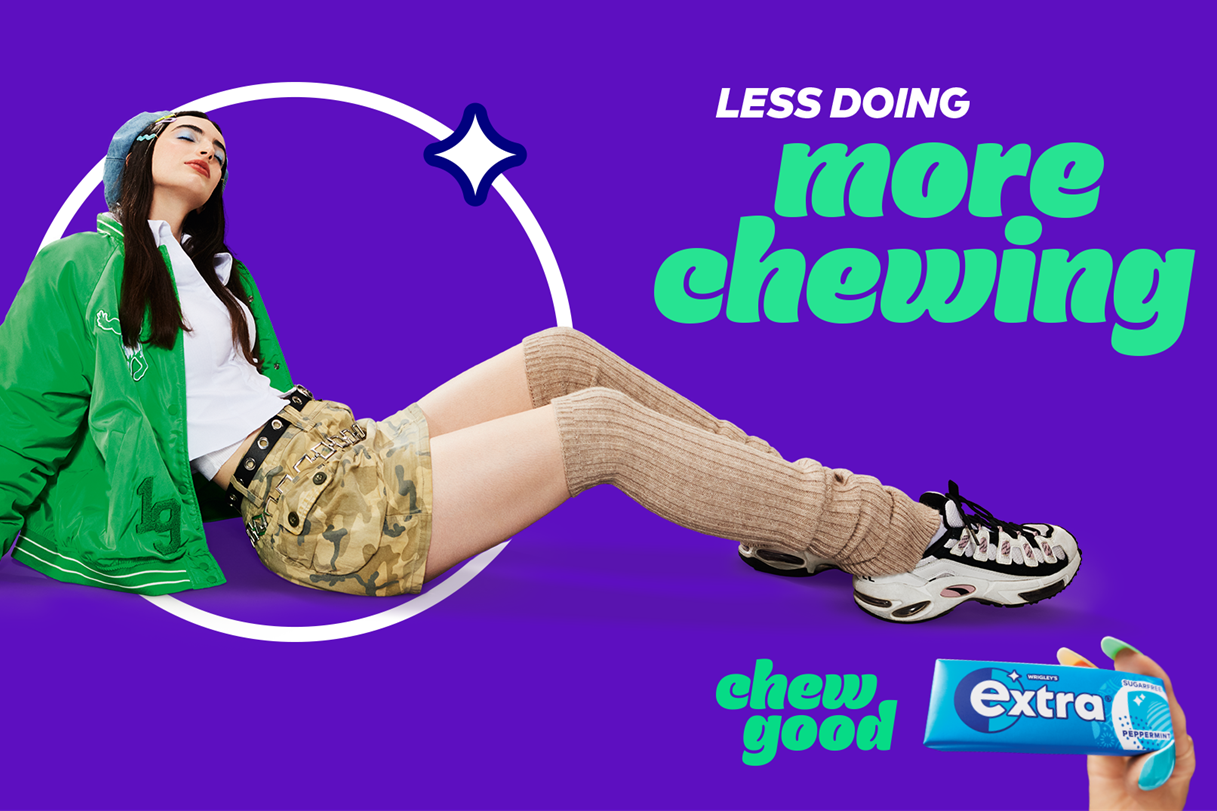If you’ve been on TikTok, you’ve likely come across TikTok therapist advice videos where self-proclaimed mental health professionals quip short monologues on everything from trauma to relationships.
Some influencers have become so popular that they’ve accumulated millions of followers on the platform, as teens and adults alike increasingly sought out mental health advice in the midst of the COVID-19 pandemic.
However, a recent study questions the accuracy of much of this mental health advice.
Virtual health care platform PlushCare recently examined 500 mental health TikTok videos to find out whether most TikTokers were at risk of misinformation, finding that 84% of videos were, in fact, misleading.
While 54% of videos did contain accurate information, the report also found that about 14.2% are so misleading that they could be potentially damaging, like suggesting certain medications without talking to a doctor.
In particular, the vast majority of videos about attention-deficit/hyperactivity disorder (ADHD) contained misleading content. More than 90% of videos about bipolar disorder, another common condition discussed on the platform, were considered misleading, while 90% of videos about depression also contained misinformation.

Only about 9% of TikTokers discussing mental health on the platform had relevant qualifications and medical training, the study found. The results suggest that TikTok users should take some of the medical advice on the platform with a grain of salt.
The report comes as mental health content on TikTok is expanding, with the 500 videos examined viewed nearly 25 million times and liked 3.5 million times. The #mentalhealth tag alone has more than 54 billion views on the viral social media app.
Cases of mental illness rose during the pandemic and were compounded by a psychiatrist and mental health provider shortage exacerbating the demand. It made TikTok seem like a great way for mental health providers to reach people free of charge and for people to take their mental health care into their own hands.
Mental health content grew sharply during the COVID-19 pandemic, when in-person health visits halted and isolated young people turned to the app for connection and health advice. That came in tandem with a rise in anxiety and depression particularly affecting the nation’s youth during the pandemic – so much so that U.S. Surgeon General Vivek Murthy declared a mental health crisis last year.In the last year, bipartisan lawmakers have proposed several mental health bills that would aim to address the provider shortage in schools or rural areas, but tangible legislation has yet to be passed.








